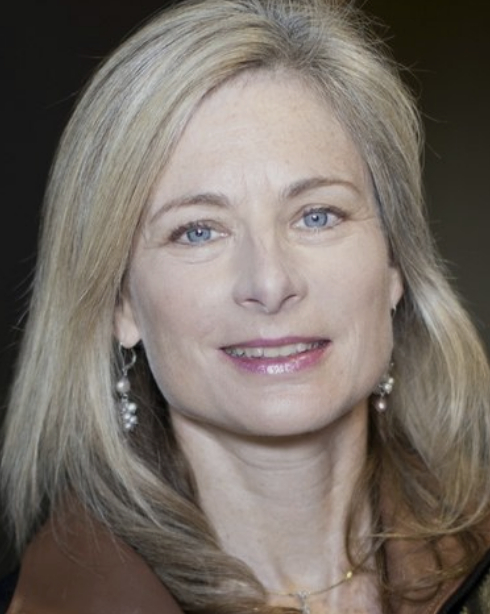On this date in 1962, particle physicist Lisa Randall was born in Queens, N.Y., the second of three daughters of a sales representative father and stay-at-home mother. She and her younger sister Dana, now a computer science professor at Georgia Tech, went to Stuyvesant, a math-and-science high school in Manhattan.
She was the first female captain of her high school math team and at 17 won first place in the Westinghouse Science Talent Search for her project on a type of complex number called perfect Gaussian integers. She graduated from Harvard University in three years and earned a 1987 Harvard Ph.D. in theoretical particle physics in four years.
Randall was the first woman tenured in physics at Princeton University, then moved to MIT before returning in 2001 to Harvard, where as of this writing in 2019 she is Frank B. Baird Jr. Professor of Science. Her current research focuses in large part on the Large Hadron Collider and dark-matter searches and models.
Randall was among Time magazine’s “100 Most Influential People” of 2007 and was one of 40 featured in Rolling Stone’s 40th anniversary issue that year. She maintains a public presence through her writing, lectures and radio and TV appearances.
Her books include Warped Passages: Unraveling the Mysteries of the Universe’s Hidden Dimensions (2005), Knocking on Heaven’s Door: How Physics and Scientific Thinking Illuminate the Universe and the Modern World (2011), Higgs Discovery: The Power of Empty Space (2012) and Dark Matter and the Dinosaurs: The Astounding Interconnectedness of the Universe (2015). She wrote the libretto in 2016 to “Hypermusic Prologue: A Projective Opera in Seven Planes” by Spanish composer Hèctor Parra, who was inspired by Warped Passages.
“What’s striking about Randall’s writing is its urgency, perhaps because of the way she feels about science, which she has described as analogous to religion; physics, she writes, ‘offers anyone some perspective when dealing with the foolishness of everyday life.’ ” (The New Yorker, Oct. 29, 2016)
Asked if she believes in God by Discover magazine (July 29, 2006), Randall said: “There’s room there, and it could go either way. Faith just doesn’t have anything to do with what I’m doing as a scientist. … So I probably don’t believe in God. I think it’s a problem that people are considered immoral if they’re not religious. That’s just not true. This might earn me some enemies, but in some ways they may be even more moral. If you do something for a religious reason, you do it because you’ll be rewarded in an afterlife or in this world. That’s not quite as good as something you do for purely generous reasons.”
Randall is single. Asked in 2005 by The Guardian when she was 43 about having children, she said, “Children are the biggest issue for most women in science because, like it or not, society still sees women as the primary carers. Part of me really wants to have children, but another part of me wants to put it off as long as possible, because there is so much more work I want to do and I’m very intolerant of distractions.”


